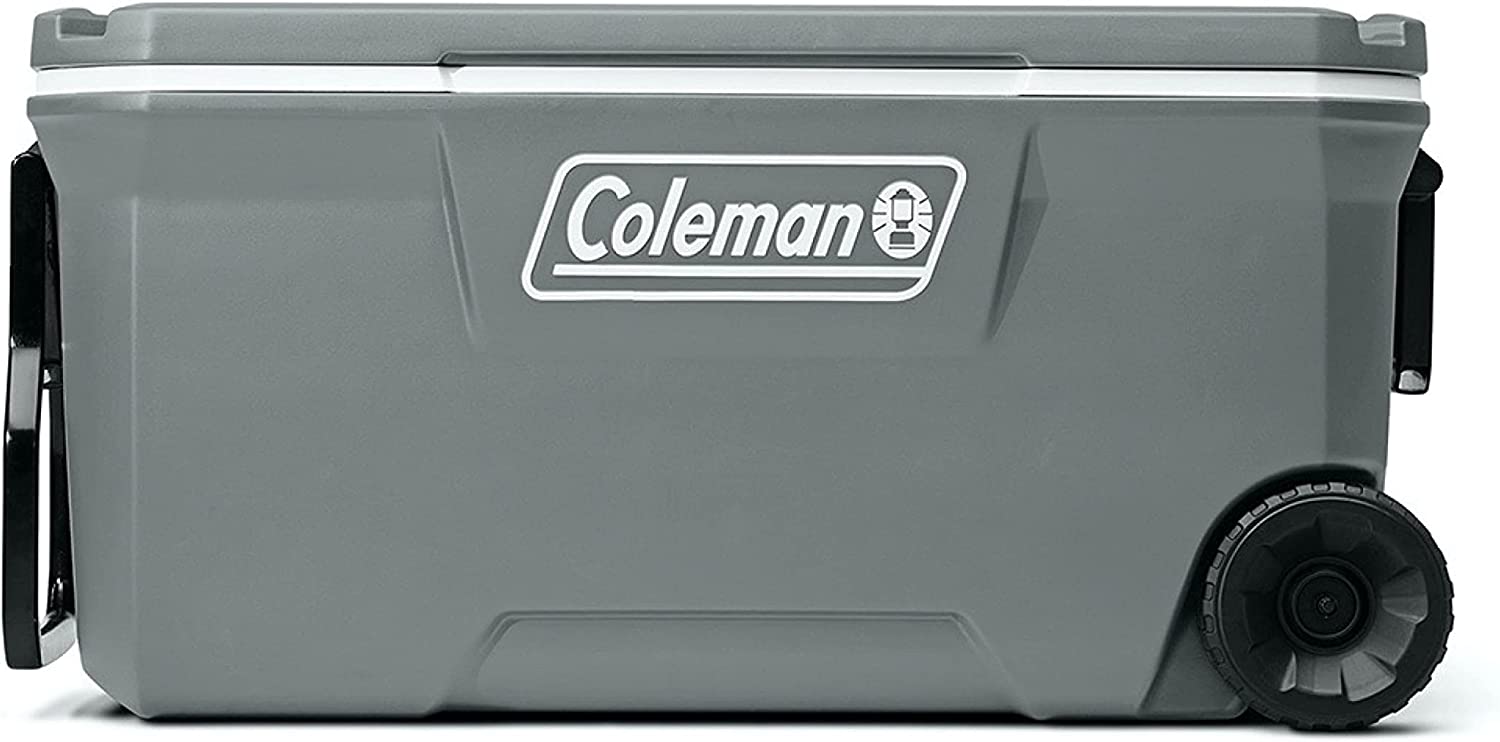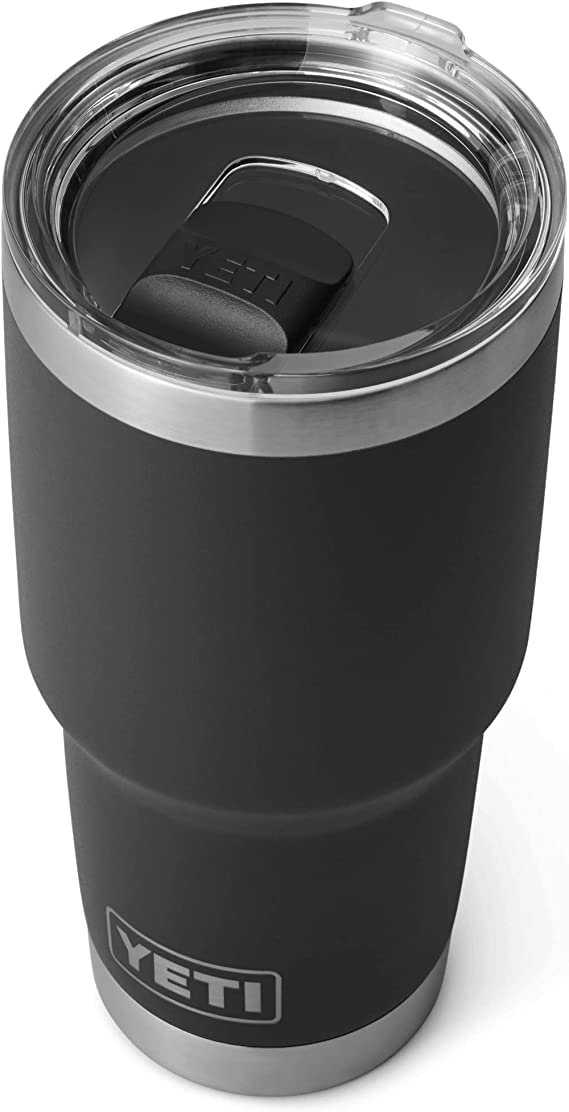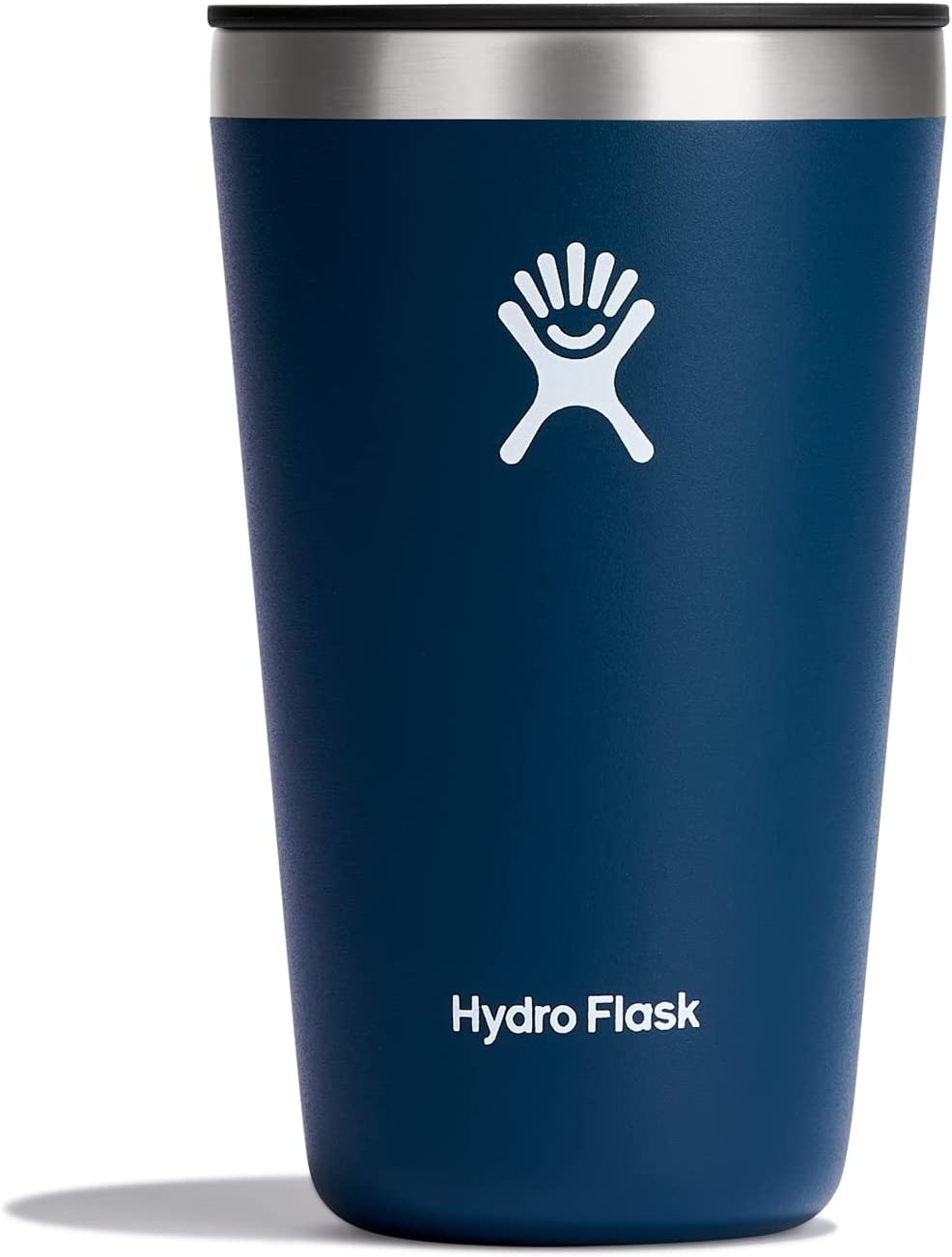Do aluminum foil and ice cubes really keep ice from melting?
This question was asked by a friend who wanted to know if he could put his ice cube tray into the freezer without worrying about it melting.
Aluminum foil does not stop ice from melting.
In fact, it can even speed up the process.
However, it does slow down the rate at which water molecules evaporate from the surface of the ice.
My Experiment
I tried freezing ice cubes using aluminum foil and I found that it works well. It keeps the ice from melting until I remove the aluminum foil.
How Does Aluminum Foil Keep Ice From Melting?
Ice melts because of two reasons. First, it loses thermal energy heat and second, it gets wet. If we freeze something, it takes away the thermal energy. So if we put ice into a freezer, it will melt. But if we wrap it in aluminum foil, it will not get wet. This is because aluminum foil is very good insulator.
So how does aluminum foil keep ice from melting by stopping heat transfer?
Aluminum foil is used to prevent heat loss from food. It works by preventing the food from getting hot. It keeps the food cold by blocking the flow of heat.
What Is The Best Way To Keep Ice From Melting Using Aluminum Foil
To keep ice from melting using aluminum foil, place the ice cube tray in a bowl filled with warm water. This way the ice cubes won’t melt because the water surrounding the ice cubes will keep them cool.
Will Ice Melt Faster On Aluminum or Plastic?
Ice melts faster on plastic than on aluminum. It’s not the material itself that affects how fast ice melts but rather the thickness of the ice. Thin ice melts faster than thick ice.
Why Does Ice Melt Faster on Aluminum Than Plastic?
Aluminum is a good conductor of heat. It conducts heat better than any other metal except gold. This property allows it to conduct heat away from the surface of the ice faster than other metals. As a result, the ice melts faster on aluminum than on plastic.
Does metal keep ice from melting?
If you want to keep an ice from dissolving, you need to put it in a freezer. It is not possible to freeze an ice cube. However, if you put an ice cube into a glass of water, it will melt. This is because the ice cube is surrounded by liquid. So, if you put an icy cube into a glass of cold water, it will dissolve. But if you put an ice piece into a glass of hot water, it won’t melt. This is because hot water surrounds the ice piece.
What is the best way to keep ice from melting?
Ice melts at 32 degrees Fahrenheit. It takes about 20 minutes for ice to melt completely. Ice cubes take longer to melt because they are smaller and therefore hold more water. To prevent ice from melting, put the ice cube tray into a freezer bag. This will help keep the ice frozen until you are ready to eat it.
What is the best way to keep a ice cube from melting?
Ice does not melt because it is frozen solid. It melts only when it reaches 0°C 32°F. This happens when the air around the ice crystals turns into liquid water. As soon as the ice crystals touch the liquid water, they dissolve and the ice melts.
Does aluminum foil make ice melt?
Aluminum foil does not make ice melt. It only helps to insulate the ice from the freezer. To help melt ice, you need to put the ice into a plastic bag and place it in the refrigerator.
What keeps ice from not melting?
If you are freezing something that needs to stay cold, such as ice cream, then you should put it into a freezer bag. This will help prevent the ice from melting.
[su_youtube_advanced url = "https://www.youtube.com/watch?v=1oBzmNqN6EI" controls = "no" rel = "no" fs = "no" modestbranding = "yes"]
What is the best material to keep ice from melting?
Ice melts faster if it is exposed to air. To prevent ice from melting, place it in a freezer bag or wrap it tightly in plastic wrap.
What is the best way to keep an ice from melting?
Metal keeps ice from melting because it conducts heat away from the ice faster than other materials. Metal is used in refrigerators and freezers because it does not retain heat well. It is also used in air conditioners because it allows heat to pass through easily.











